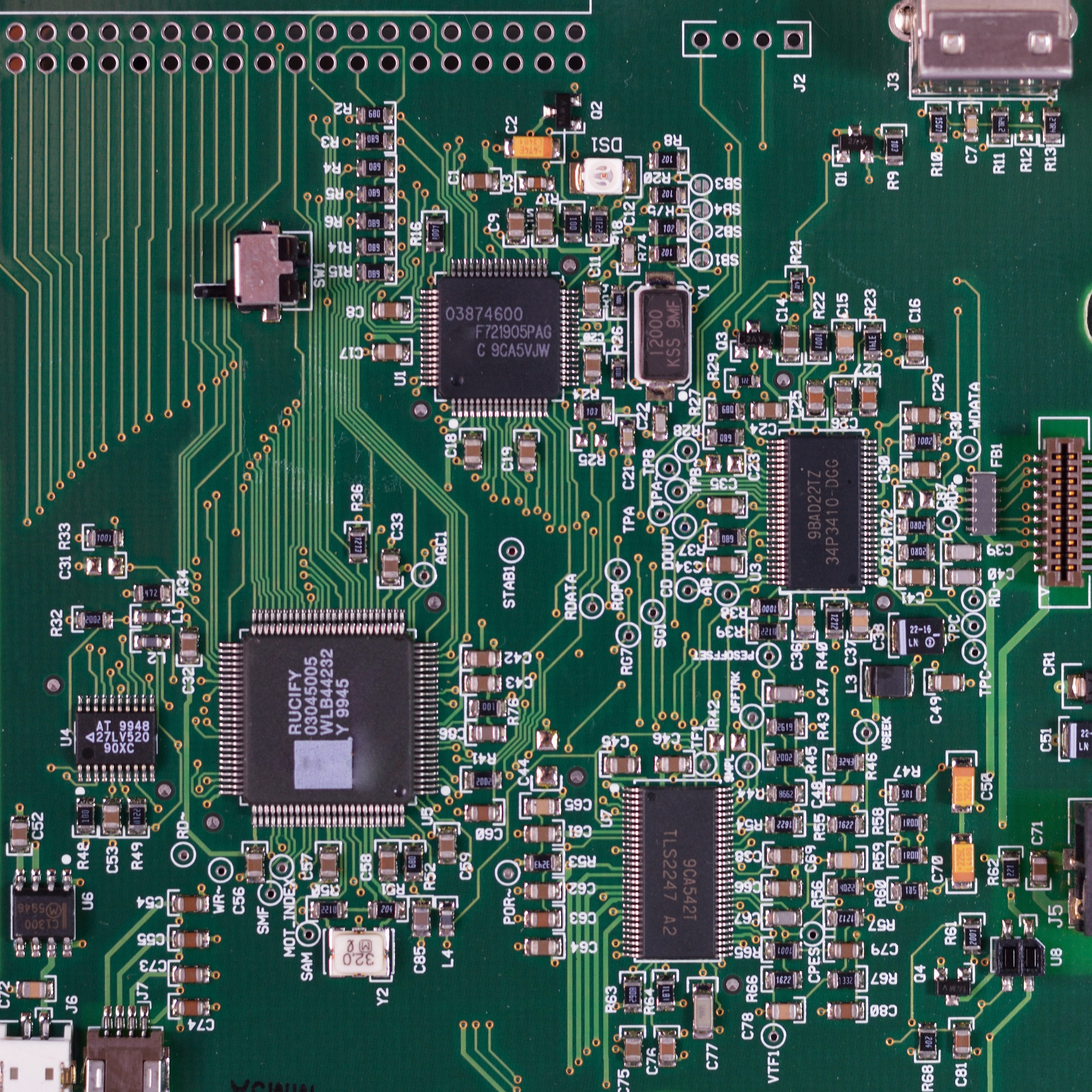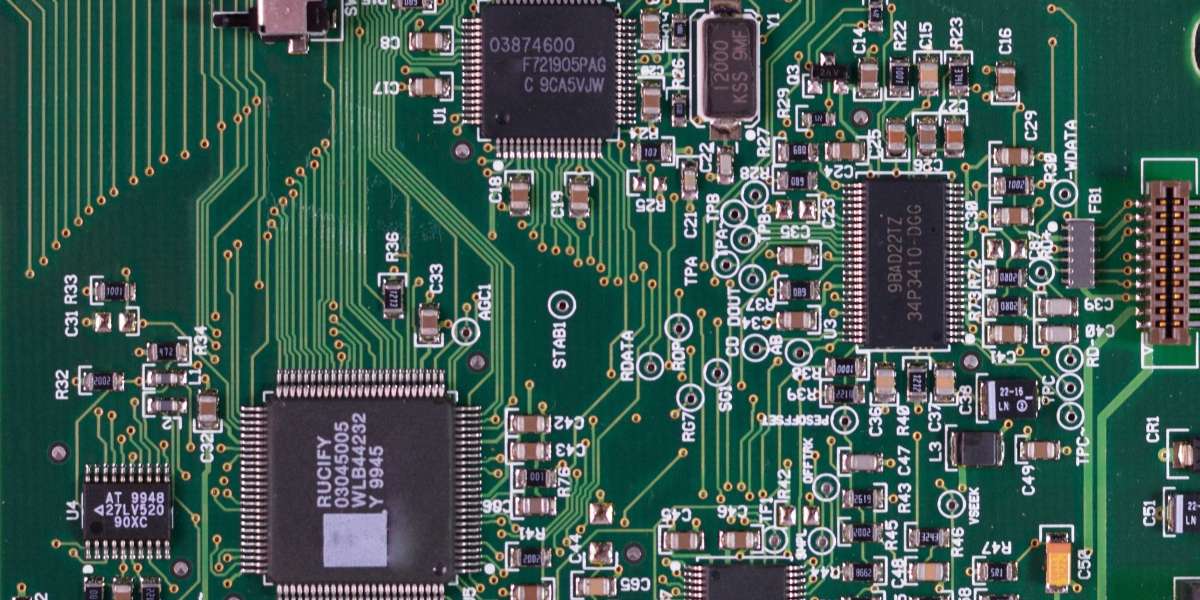Time is a great healer, but when it comes to matters of industrial importance, it can sometimes act as an even greater destroyer. Like every human being, every machine has a life too. But with time unless you maintain it, the efficiency is going to suffer by leaps. This withering of the machinery with time is what scientifically termed “Corrosion.” With time, the forces of nature – heat, light, air, and moisture tarnish away the components making them inefficient and eventually broken.
To prevent this eventual corrosion, firstly it’s important to understand how and why it happens?
The machinery that is employed in industries is generally made up of metals, these metals when comes in contact with water present as moisture and the oxygen present in the atmosphere undergoes a spontaneous chemical reaction producing the oxide of that metal which is what we call rust, this rust comes off from the surfaces as flakes of crumbling solids eventually eating away all of the metal. This process is further catalysed by impurities like acidic gases present in the air surrounding the machinery. In industries where even slight air-borne contaminants can incur extreme losses, it’s important to employ corrosion control methods at this micro level because it takes little corrosion to impact some of the micro-miniature devices that are used in electronic applications. So that the performance of machines remains improved and stable.

While variety of methods are available to treat corrosive elements at the macro-level like coatings, oiling, passivation etc., there’s need for employing corrosion control methods at the microlevel too. There is strong requirement for some corrosion protection filtration processes under corrosion control units that are designed to remove corrosion gases and protect the sensitive equipment like, electronics, data centre equipment, room equipment, switch gears and more in the list from manufacturing industries.
In order the prevent this corrosion, one must take all steps that they deem necessary to keep it at bay and maintain their machines in good conditions at all times. Following are a few pointers to do the same:
- Corrosion Control Monitoring– In order to keep your instruments protected from all the probable corrosive factors, it’s important to keep their concentration in the air checked at all times so that you are able to maintain an ambient, non-corrosive environment around the components. With the current technology provided by companies like AQOZA, you can monitor such parameters like temperature, Humidity and Live corrosion rates with the installation of corrosion monitoring units at your place.
- Passive Coupons– To prevent corrosion, one must know all about the conditions of the room the instrument is placed. For that a strip of similar material can be placed for time being which can be later assessed in the lab to detect the corrosion levels in that particular atmosphere.
- Corrosion Control Unit– Placing an efficient corrosion control unit in the room that can control the concentration of such corrosive substances in the air by adsorbing them upon its surface is the practical way to control the impending corrosion. Available for varied substances, this method is very convenient, versatile and durable to employ for corrosive gas removal.


